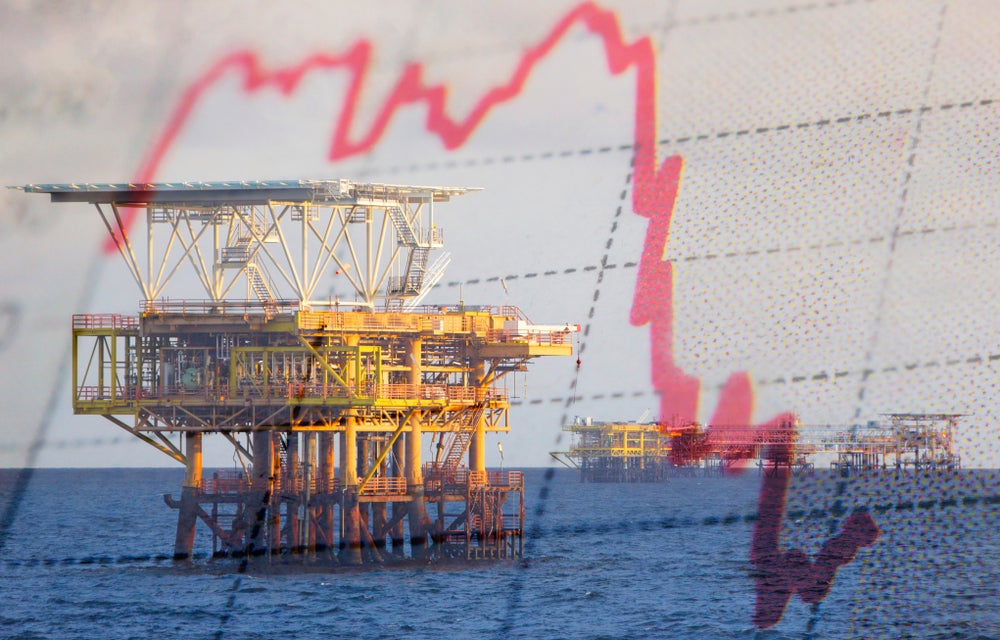The world’s stock markets are investing in companies sitting on three times more carbon in coal, oil and gas fossil fuel reserves than the maximum that can be burned for a two in three chance of meeting the 1.5°C Paris climate target, according to new research from financial think tank Carbon Tracker.
The research also shows that the “embedded” emissions in the fossil fuel reserves of companies listed on global stock exchanges – the amount of CO2 released if they are extracted and burned – has risen by almost 40% in the past decade, in spite of the growing climate action agenda.

Carbon Tracker’s report, Unburnable Carbon: Ten Years On, follows on from its first Unburnable Carbon report in 2011, which revealed the relationship between finance and climate change. The latest edition warns that 90% of all known fossil fuel reserves and resources held by companies must stay in the ground if global warming is to be limited to 1.5°C. If more than 40% of reserves are extracted and burned, the world will far surpass 2°C.
As of 2022, only 320 billion tonnes of greenhouse gases (320GtCO2) can be emitted for a 66% chance of limiting warming to 1.5°C – at the current rate of emissions, that amount will be exhausted by 2030. The report shows the total embedded emissions of all known fossil fuel reserves is more than ten times that level, at around 3,700GtCO2.
Approximately 2,650GtCO2 is controlled by state-owned or private companies, and 1,050GtCO2 is owned by companies that trade publicly on global stock markets. Financial centres in China, the US, India, Russia and Saudi Arabia have the highest embedded emissions. In all but the US, they are dominated by the partial listings of state-owned companies. New York is the financial centre with the greatest embedded emissions from freely tradable shares, with 160GtCO2 listed between the New York Stock Exchange and the Nasdaq, followed by Moscow, Toronto, London and Sydney.
The authors warn that fossil fuel demand will peak as governments’ emissions-reduction policies, asset owners’ net-zero commitments and the fast expansion of clean energy technologies drive down demand. Fossil oversupply will result in falling prices, increasing the risk of fossil fuel projects failing to deliver expected returns and becoming stranded assets. More than $1trn of oil and gas assets could become stranded if fossil fuel companies pursue “business as usual”, including $600bn held by listed companies, the report states.



